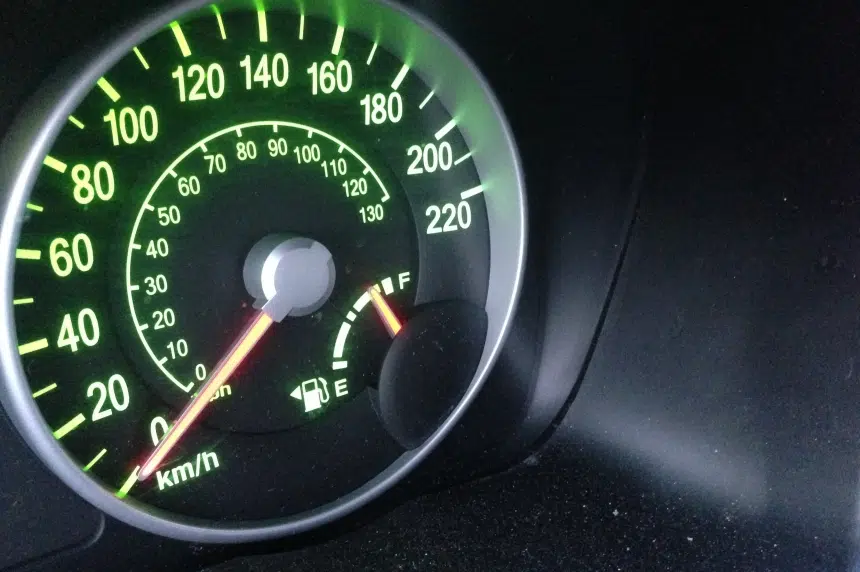With the arrival of gas prices at the $1.88-per-litre mark, a Canadian gas analyst said Saskatchewan is heading for even higher gas prices.
“We’ve seen these gas prices rise slowly but surely and it’s not going to end here. We’re now, of course, into record territory,” said Dan McTeague, who runs the website gaswizard.ca and is president of Canadians for Affordable Energy.
McTeague explained that the cost of gas for gas stations, thanks to a weak Canadian dollar, was around $1.74 per litre.
Selling their product for a profit of four cents a litre “probably wasn’t enough to cover the cost of labour, your electricity to turn on the pumps and to honour credit cards, so I wasn’t surprised that they raised it.”
With prices never this high before, McTeague also noted a gradual increase in the wholesale price of gasoline. The U.S. price of a gallon increased by 15 cents a gallon between Saturday and Thursday.
“That’s seven cents a litre — eight, with a weakening Canadian dollar,” McTeague said.
He also notes five per cent of the pump price can be attributed to federal GST, with Canadians paying another 11.7 cents per litre thanks to the carbon tax.
“I suspect (the price) will go down someday but not enough to get back to where we were this time last year,” he said.
Last year at this time, prices ranged between $1.15 and $1.20 a litre, about 65 cents lower than current prices.
“It’s likely to hold, at least for the summer, if not go higher,” said McTeague, who added the stage is set for a potential increase to $2 a litre in the province.
Even when gas prices do start to stabilize and drop, it won’t necessarily be back to where prices were.
“We’ll come down … if things get back to normal eventually, whatever that should look like,” he said.
McTeague estimated a new normal threshold of an average of $1.50 to $1.70 for gas prices in Saskatchewan. He doesn’t see the situation resolving itself, though.
“We’ve played no small role in having driven up the price of energy, which is, in turn, driving up the price of gasoline, diesel and, more importantly, inflation,” he said.
Among the reasons, McTeague cited Canada’s decision to mothball two pipelines, which he said has made Canada’s resources “less attractive.”
“There’s a correlation between wanting an end to fossil fuels and watching your bank accounts dwindle as a result of this strategic product now being priced beyond the means of many middle-class and poor families,” he said.
McTeague called Canada’s gas situation a perfect storm and predicted this season to be “the summer of our discontent.”











